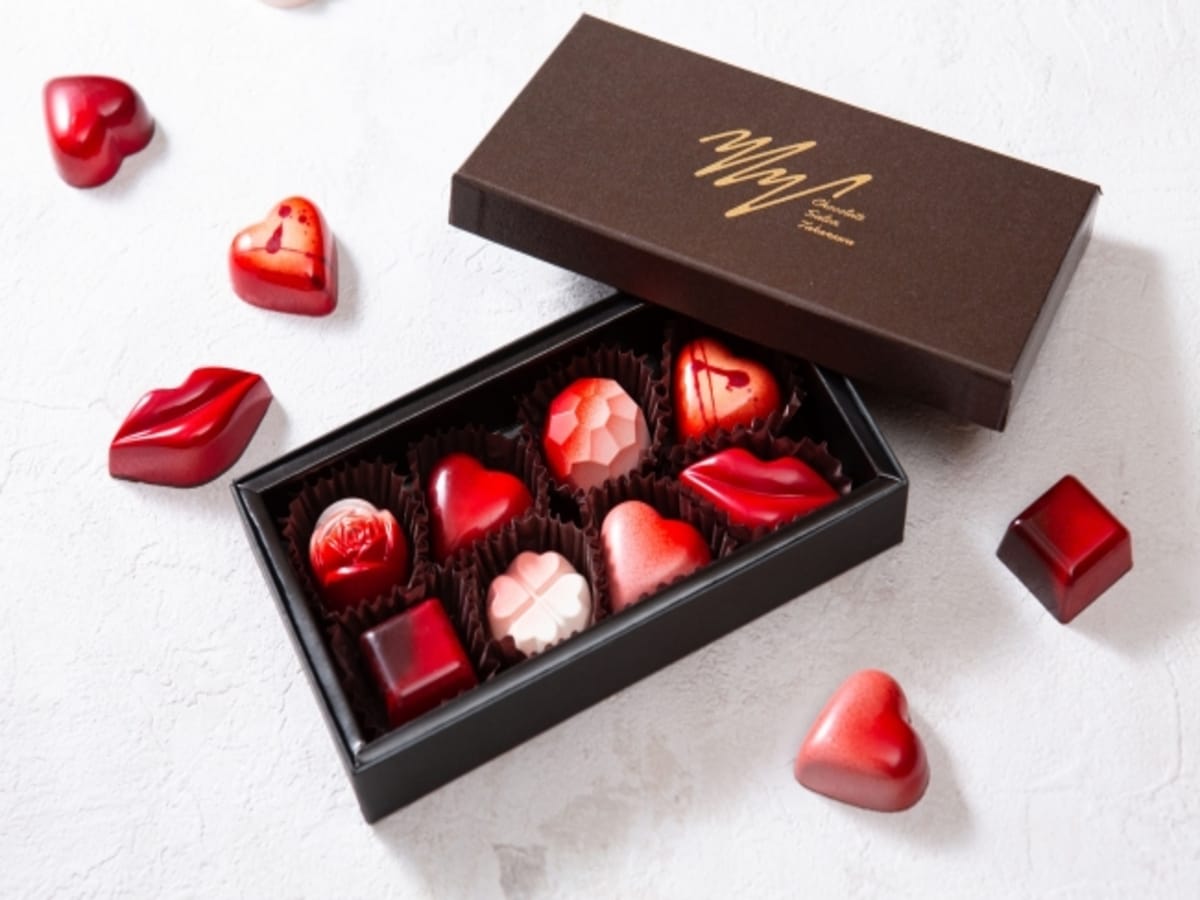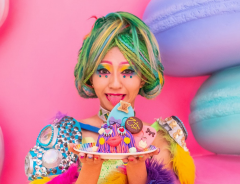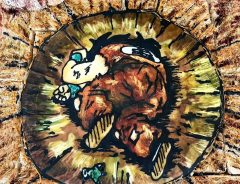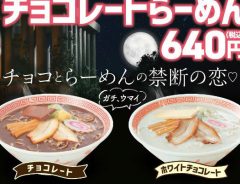
Source: © PR Times, Inc.
How Valentine’s Day is celebrated in Japan and how much to spend on White Day return gifts
- Tags:
- Valentine's Day / White Day
Related Article
-

Harajuku Kawaii Monster Cafe Show Support for LGBT Couples with ‘Genderless’ Valentine’s Day Menu
-

Make A Box Of Morbid Chocolates With Human Organ Silicone Molds
-

Mother recreates iconic Dragon Ball scene for son in epic batch of Valentine’s chocolate
-

Shibuya chicken shop serves up chocolate-covered fried chicken for Valentine’s Day
-

Kourakuen Serves Up Chocolate And White Chocolate Ramen For Valentine’s Day
-

Valentine’s Day or any day, you’ll find fabulously fluffy bread at Steam Bread in Ebisu, Shibuya Ward


Valentine's Day in Japan
Valentine’s Day is a day celebrated worldwide and even though there are different opinions regarding it, many people find it a very significant day.
In western countries, the 14th of February is a day full of romanticism for some, while for others may represent just a pretext to feel good and happy and spend it with your friends, loved ones or yourself.
Japan is no different and the day is celebrated on the same date as other countries. However, Japan took this event and not only turned into something more unique, but also added another day a month after Valentine’s, White Day, which makes it fairer for both sides.
In Western countries, usually, men give gifts to women and ask them out for dinner, but in Japan is the opposite. Here, girls make or buy chocolates to confess or simply express their gratitude and love to their boyfriends/husbands and not only. Also, as a return, men give them a present on White Day, celebrated on the 14th of March.
There are a few types of chocolates you can receive during Valentine's Day and the most important are: Honmei Choco (favorite chocolates), Giri Choco (Obligation Chocolates) and tomo choco(Tomodachi choco/chocolate for friends).
Honmei Choco
Honmei choco is usually given to their” favorites”, as the name says. Japanese women give the honmei choco to men to express their love and sincerity and the men will return their feeling on White Day. Honmei chocolates are most of the times, wrapped very beautiful and can be either homemade or a very expensive brand of chocolates, if bought.
You can see they were made for the one, by their overall appearance and the effort put into decorating/making them.
Giri Choco
Giri choco is usually given to coworkers, teachers or people you’re simply acquainted with, but don’t necessarily like. Giri choco is usually not expensive and recently, in companies,giving chocolates on Valentine’s is something that has been debated a lot in the past years.
Many female workers and male workers feel pressure and stress about the whole chocolate buying and returning thing, so quite a few companies in Japan decided to ban the event in the company.
Tomo Choco
Tomo chocolates are chocolates you give to friends (usually female friends) and it’s usually something homemade, for example, cookies, muffins or chocolate.
How expensive should White Day presents be?
It is said that guys should always give a return gift during the White Day, regardless of the type of chocolates or the feelings toward the person they received chocolates from.
Some say that for honmei choco, the gift should be twice as more, others go even higher to 10 times more the price of the chocolates received, especially when the feelings are reciprocated. In case the person doesn’t feel the same way, or it was Giri choco they received, then they would give some sweets or flowers in return.
However, regardless of what is said, it depends on the person and there is no rule regarding that.
I heard some men choose to set up romantic dinners and cook as a return, others give necklaces, so it depends on the case. Research by Oricon Style shows that for honmei chocolates, around 52 percent of the people say it should be the same price as the chocolates given, while 23 percent say they don’t need any return gift.
The rest of the percentage goes to more expensive than chocolates (18% representing 2 more times and the tiny bit left variating from 3 to 11 more times than the chocolates). It is about the same as Giri chocolates, too.
The survey also says that most of the people, in percent of 42 for honmei choco return the gift and for giri choco 68% do buy something equivalent with the price of chocolates in return.
While for obligatory chocolates, 20 percent is no return and the rest more the value of the chocolates, for favorite chocolates, more than forty percent goes to returning a gift 2-3 times more than the price of the chocolates received.
As the survey shows, in the case of giri chocolates, as many feel pressured, a good percent of the people returns the favor, reason why companies are starting to ban this event and make the employees' life a bit easier.
Even though many women give chocolates and sweets on the 14th of February, some prefer giving presents such as neckties, concert tickets, etc. So overall, it all depends on the person.
However, I believe that the idea of having both Valentine's and White Day is very nice and would like to try it sometime, too.